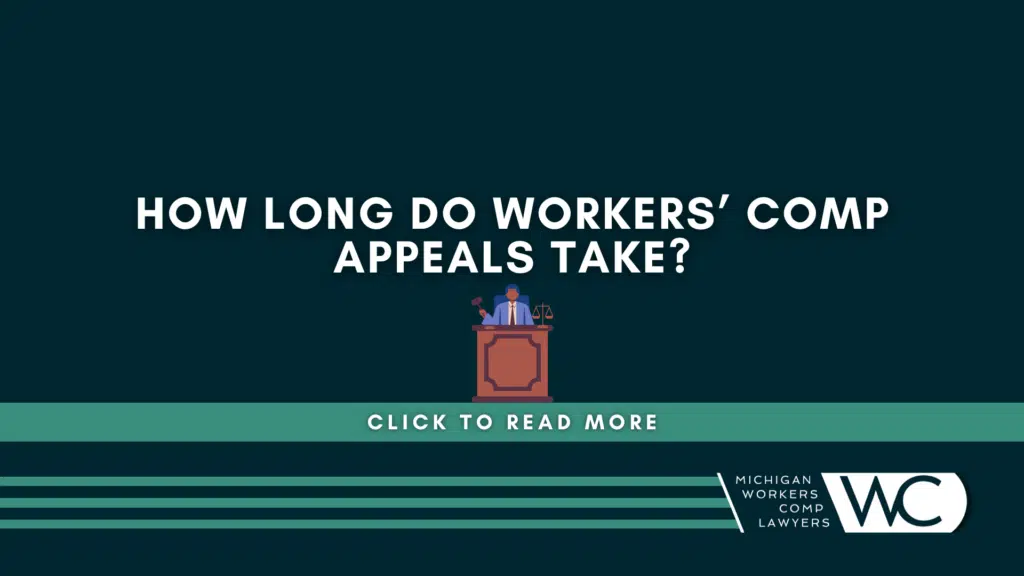What are some of the exceptions to the exclusive remedy provision under Michigan workers’ compensation law?

1. Intentional tort
It is possible to sue an employer for additional damages beyond workers’ compensation under an intentional tort theory. An employee hurt on-the-job must prove the employer intended or was certain an injury would occur. This is a very difficult burden of proof and most people will not qualify for this exception.
2. Uninsured employers
Workers’ compensation insurance is mandatory for most businesses in Michigan. Employers who are are uninsured are still responsible for the payment of workers’ compensation benefits and lose the protection of the exclusive remedy provision. This means they could be liable for negligence in a civil lawsuit.
3. Third-party at fault
Employees are limited to workers’ compensation benefits when they get hurt on-the-job. However, this does not stop them from seeking additional damages from the party responsible. This usually occurs with defective products, automobile accidents, and medical malpractice.
Michigan Workers Comp Lawyers never charges a fee to evaluate a potential case. Our law firm has represented injured and disabled workers exclusively for more than 35 years. Call (844) 201-9497 for a free consultation today.
Related information:
Car accident while driving for work
Photo courtesy of Creative Commons, by Wesley Fryer.


